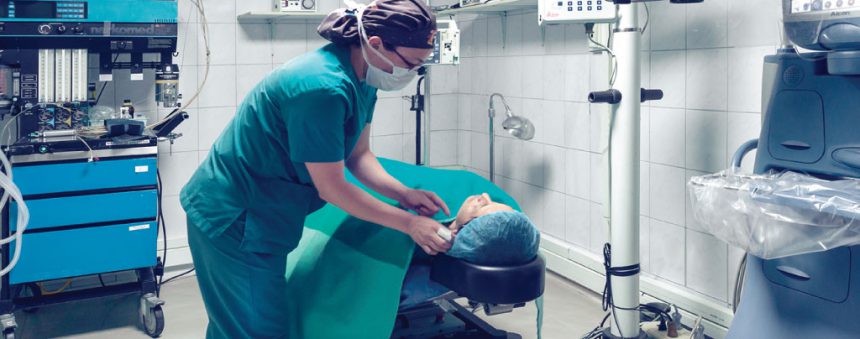During and after eye surgery
Thousands of patients have undergone the operating rooms of the Sancho Ophthalmology Clinic. As with all surgery, there are risks during and after the procedure. However, post-operative care can make a big difference in having highly satisfactory results.
There are more than 35 procedures, on average, which are performed in an ophthalmological center, some more invasive than others. Asepsis, sterilization, careful handling of surgical instruments and a myriad of precautions are important to avoid infection during and after surgery. This is a fundamental role of the nursing team and circulating operating room personnel. A good surgery does not depend only on the doctor, but on his entire support team in and out of the operating room.
Post surgical care
Thus, during surgery, great responsibility has the doctor, nurses, assistants and other people who assist. After this, the patient assumes this responsibility with a recovery process and post-operative care that can make a big difference between a successful recovery or not.
Maintaining hygiene in the administration of medicines, especially in eye drops, is very important. Washing your hands before placing any dropper is a recommended practice. Allowing a couple of minutes between one medicine and another improves absorption in the eye. We must also have a disciplined management of medications, taking them according to the medical prescription. The use of glasses should become a habit, especially after an eye operation. Going to post-operative appointments on time can be important, since possible complications can be determined in time.
Finally, avoiding rubbing the eyes is a practice that should be replicated at all times, from children to adults, whether or not they have undergone a surgical process. While there may be episodes of itching or discomfort after surgery, placing cold compresses and resting in dark areas can speed recovery.
If you have complications, see your trusted ophthalmologist.

